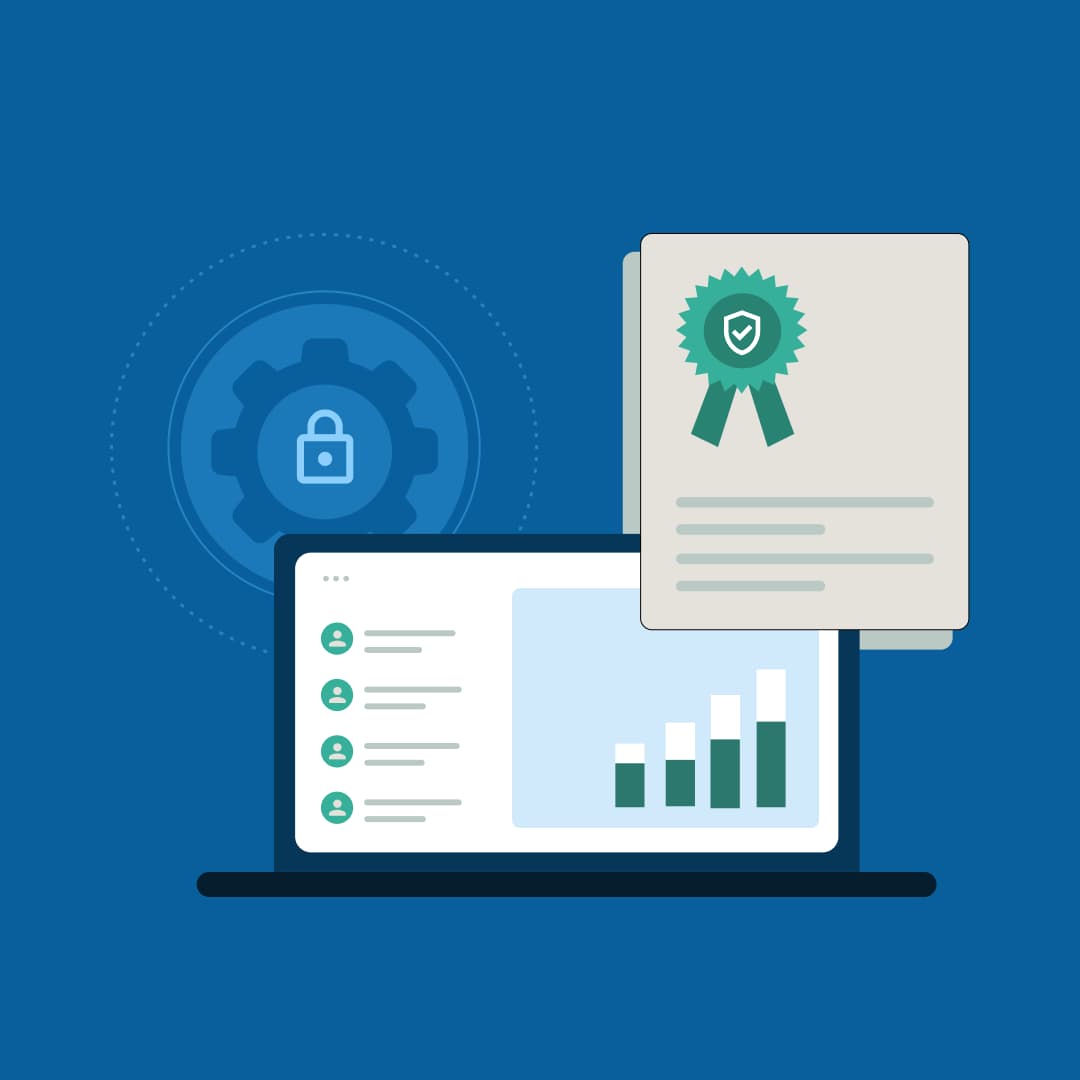In the digital age, where personal information circulates freely but is also under constant threat, the importance of data privacy for personal injury lawyers cannot be overstated. Handling sensitive client information—ranging from medical records and financial documents to employment history and personal communications—personal injury lawyers bear the weighty responsibility of not only advocating for their clients but also protecting their privacy and securing their trust. This is where the role of data privacy certification for lawyers emerges as not just a professional advantage but a critical necessity.
The critical role of data privacy certification for personal injury lawyers
Data privacy certification transcends the basic understanding of legal obligations; it is a comprehensive framework designed to equip lawyers with the necessary tools and knowledge to navigate through the intricate maze of data protection laws and regulations. These laws, including the General Data Protection Regulation (GDPR), California Consumer Privacy Act (CCPA), and an expanding array of state-specific regulations, require a nuanced understanding that certification programs like the Certified Information Privacy Professional (CIPP) and Certified Information Privacy Technologist (CIPT) can provide.
Moreover, these programs foster a deep comprehension of how to build robust security measures, understand encryption protocols, and identify potential vulnerabilities—ensuring that sensitive client information is safeguarded against the ever-present risk of cyber threats.
The tangible benefits of data privacy certification
The pursuit of data privacy certification offers a spectrum of tangible benefits, pivotal not only for the individual lawyer but also for the broader legal practice:
- Enhanced Credibility and Trust: In an era where data breaches are commonplace, demonstrating a certified understanding of data privacy laws and regulations significantly boosts a lawyer’s credibility. Clients, aware of the risks, prefer entrusting their sensitive information to professionals who have proven their capability to protect it.
- Competitive Advantage: Specialization in data privacy can distinguish personal injury lawyers in a saturated market. This expertise can be a deciding factor for potential clients seeking legal representation, aware of the complexities surrounding their sensitive information.
- Risk Mitigation: Certification equips lawyers with the foresight and knowledge to pre-empt potential data privacy issues, thereby reducing the likelihood of breaches, legal repercussions, and damage to the firm’s reputation.
- Operational Excellence: Understanding the intricacies of data privacy laws enables lawyers to streamline their processes, ensuring compliance while enhancing efficiency and reducing the likelihood of costly mistakes.
Selecting the right data privacy certification program
The decision to pursue a data privacy certification should be informed by several critical considerations, ensuring that the chosen program aligns with the lawyer’s professional needs and goals:
- Specificity and Relevance: Programs vary in their focus—some may concentrate on particular jurisdictions like the GDPR or CCPA, while others may offer a more generalized view of international data privacy practices. Lawyers should select a program that best fits the nature of their practice and the needs of their clientele.
- Accreditation and Industry Recognition: The value of a certification is significantly influenced by its recognition within the legal community. Certifications administered by reputable organizations such as the International Association of Privacy Professionals (IAPP) are highly regarded and widely acknowledged across the legal profession.
- Practicality and Accessibility: The commitment required to obtain a certification—both in terms of time and financial investment—should be sustainable and compatible with the lawyer’s current professional responsibilities. Many programs offer flexible learning options, including online courses that can accommodate busy schedules.
Integrating data privacy practices into your legal firm
Certification marks the beginning, not the end, of a lawyer’s journey in data privacy. Integrating the principles of data privacy into everyday practice is essential for creating a culture of confidentiality within the firm. This involves:
- Developing and Implementing Privacy Policies: Clear, comprehensive data privacy policies are crucial for ensuring all team members understand how to properly handle and protect client information.
- Ongoing Education and Training: Regular training sessions can help keep the entire legal team updated on the latest in data privacy laws, regulations, and best practices.
- Client Communication: Transparency with clients regarding how their data is handled, stored, and protected fosters trust and reinforces the lawyer’s commitment to privacy.
For personal injury lawyers, obtaining a data privacy certification is far more than a compliance checkbox—it’s a strategic investment in their practice and professional integrity. It not only demonstrates a commitment to protecting client information but also provides a competitive advantage in an increasingly privacy-conscious market. As the legal landscape evolves, those who prioritize and advocate for data privacy will lead the charge, setting new standards for ethical practice and client service in the legal profession.

